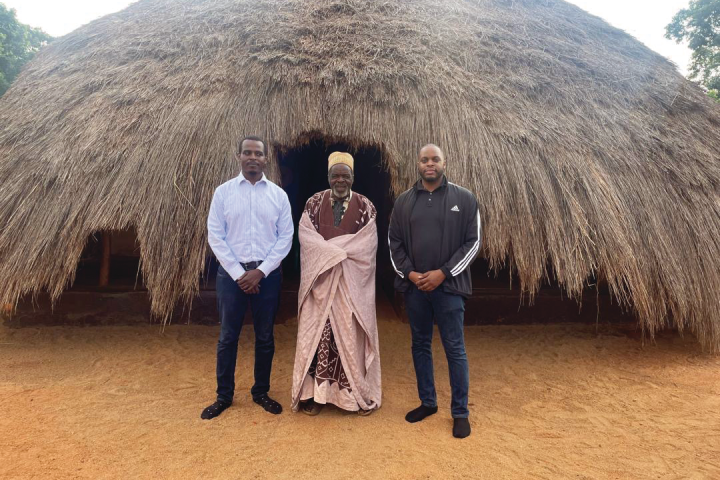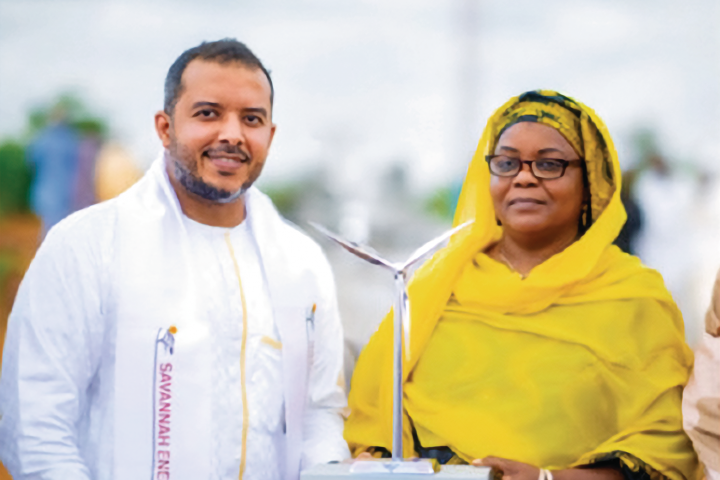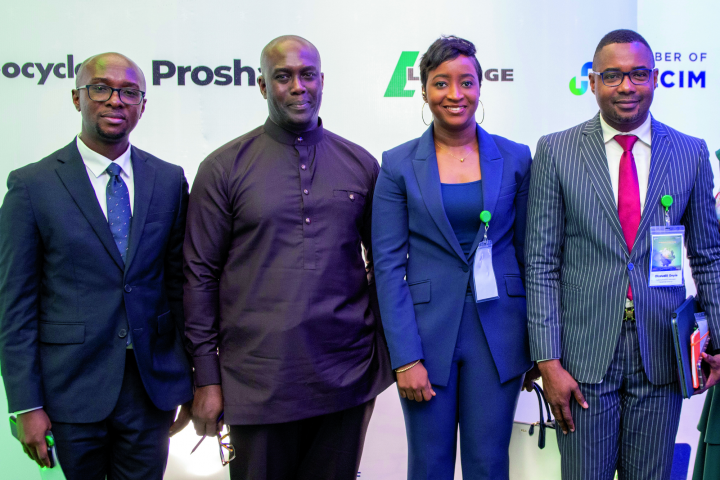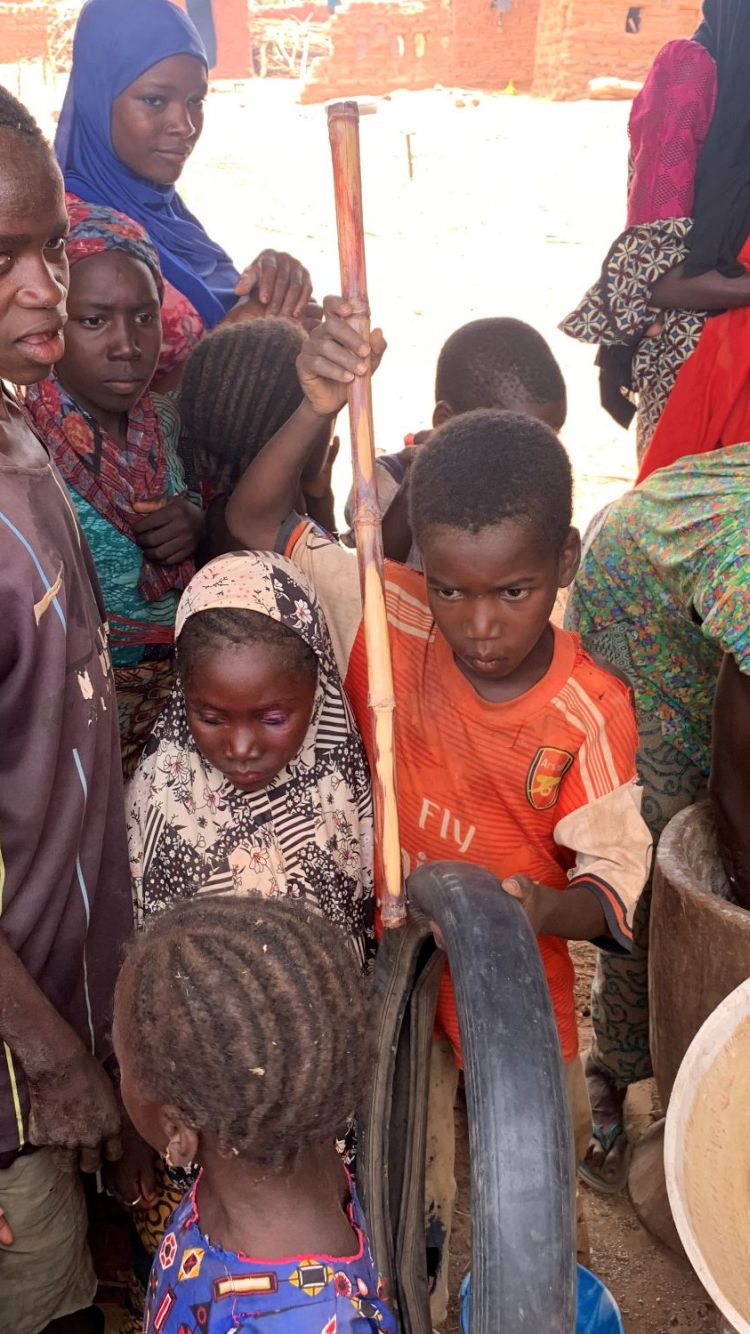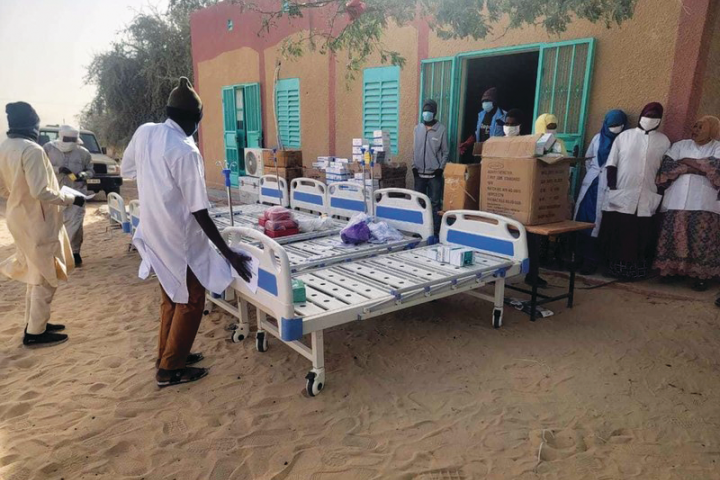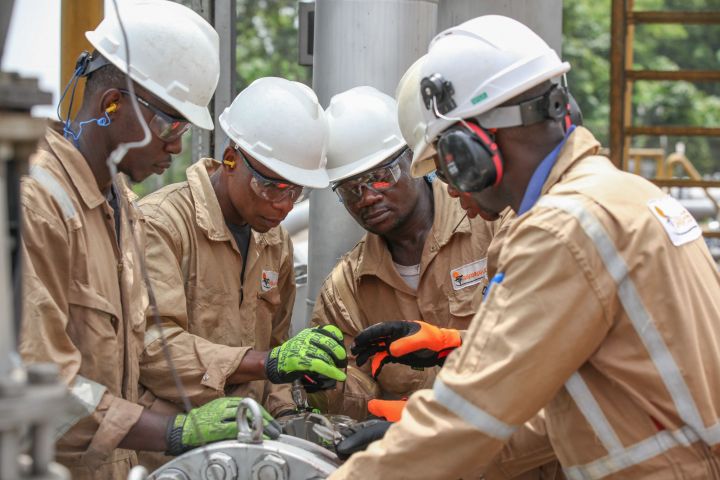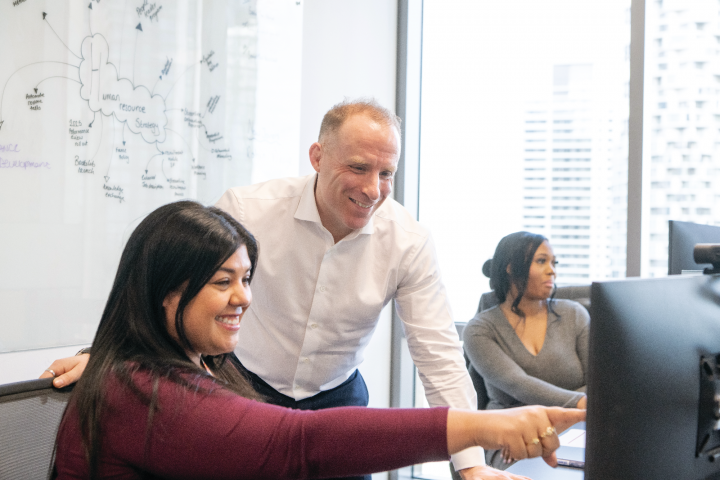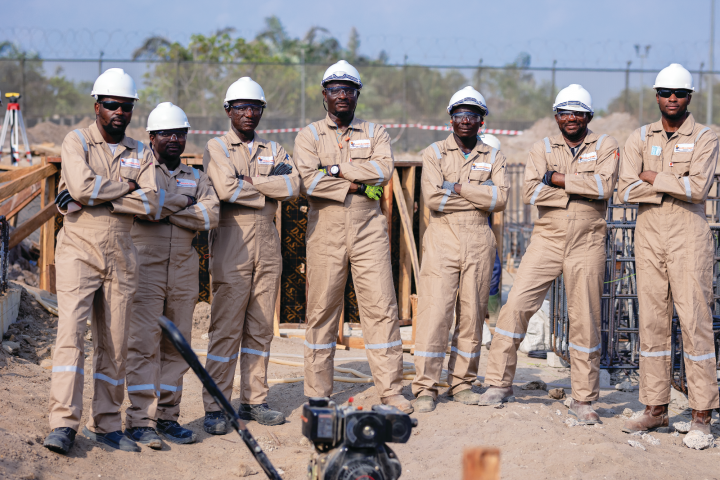
(L-R) Olorunnisola Olausi, HSE Officer; Oghenero Aberekor, HSE Coordinator; Adakole Abah, QA/QC Engineer; Emeka Okoye, Construction Manager; Adebanjo Adebowale, Civil Construction Coordinator; Mfon Ekpo, HSE Officer; and Niyi Alonge, Project Engineer, UEGCP
Our people
As of 31 December 2024, we employed 2711 people across the Group.
Our employees bring a broad range of experience, expertise and perspective to Savannah that contributes to our collective values and culture, and is essential to the delivery of our strategic objectives. We recognise that our employees are the cornerstone of our business. We engage with our employees in a variety of ways to ensure that they are well informed, motivated and appropriately developed to execute our strategy such that we are able to deliver on the long-term goals of the business.
How we engage
We have an open, collaborative and inclusive management structure and engage regularly with our employees. We do this through a variety of methods, including a performance management process with structured career conversations, regular internal announcements, town hall sessions, screensavers, employee surveys, our corporate intranet site, Company presentations, team away days and our training programmes.
We encourage employees, contractors and third parties to report any concerns they may have about actual or suspected wrong doings using our “Speak Up” process and assure them that all concerns will be duly investigated. Concerns can be raised through an employee’s line manager, Human Resources, Legal or Compliance functions, or anonymously through our confidential and independently managed “Speak Up” channels available 24 hours a day.

